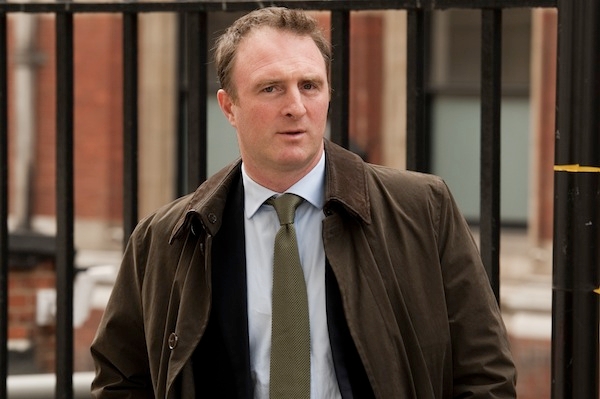Given that James Harding is generally regarded as the best editor of The Times to have worked under Rupert Murdoch, what happened yesterday? Mr Steerpike has been making some inquiries. It emerges that Murdoch had not been on speaking terms with Harding since summer last year, and latterly did not even bother to see him on his irregular visits to his Wapping HQ. It is not clear why proprietor has fallen out with editor, though huge losses, falling circulation and too pinkish/independent an editorial line are the usual reasons for Murdoch turning against his editors — and The Times had been “guilty” of all three.
Twice this year News International CEO Tom Mockridge has been dispatched by Old Rupe to fire the editor only to be stopped at the last minute. Insiders say that The Times accounts had been looking steadily better of the last year, as the fruits of its cost-cutting exercise fed through into the P&L sheet. Then, suddenly, the accounts looked a lot worse. Suspiciously worse. Mockridge apparently laid into Harding at a management meeting — leaving at least some of those present thinking that the presentation of the figures had been skewed against Harding
But why would Murdoch need an excuse? What explains the untypical hesitation? Under the agreements he gave Parliament when he bought The Times in 1981, Murdoch theoretically does not have the power to hire or fire the editor. That belongs — theoretically, it is worth saying again — to a board of supposedly independent trustees. They’ve never played much of a role in the 30 years Murdoch has owned the paper and are usually a bunch of Establishment worthies. But in today’s post-Leveson world it’s something he would have to square before the axe can fall.







Comments